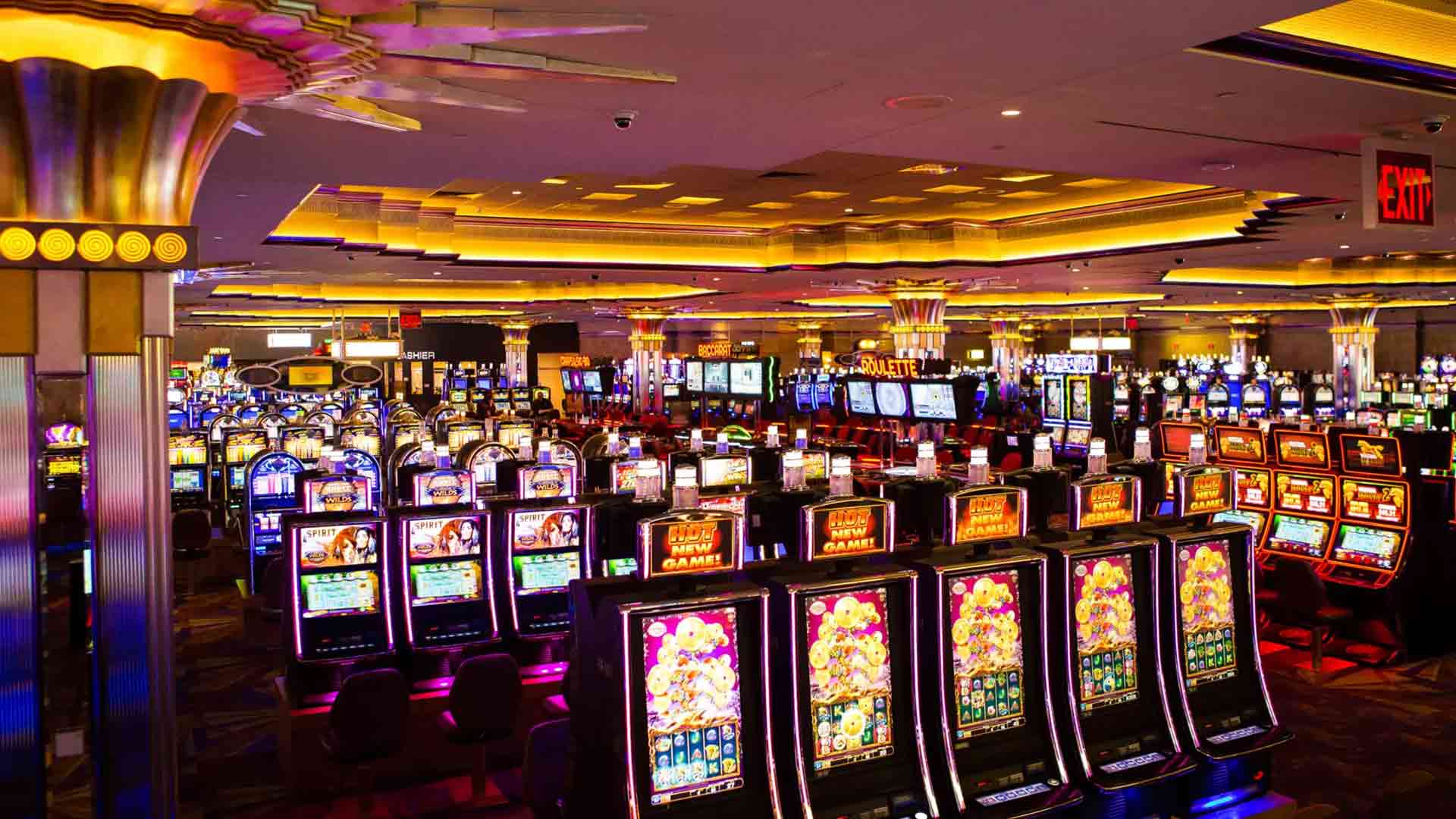Why Gambling Appeals to Human Instincts

Why Gambling Appeals to Human Instincts
Gambling, in its myriad forms, has been an integral part of human societies for millennia. From ancient dice games to modern online casinos, the allure of placing a wager against uncertain outcomes transcends cultures and epochs. While often viewed simply as a pursuit for wealth, the enduring appeal of gambling delves much deeper, tapping into fundamental human instincts and psychological mechanisms that are hardwired into our very being.
One of the primary instincts gambling appeals to is our inherent drive for **risk-taking**. Throughout human evolution, the ability to assess and take calculated risks was crucial for survival and prosperity. Whether it was hunting a dangerous animal, exploring new territories for resources, or engaging in trade, life was full of uncertainties where courage and strategic decision-making could lead to significant rewards. Gambling mirrors this primal challenge, offering a condensed, modern version of high-stakes decision-making. The anticipation of a potential win, however slim the odds, triggers a thrilling response that resonates with our ancient survival instincts. It's not just about the money; it's about the challenge, the test of one's luck or skill, and the rush of confronting the unknown.
Central to this appeal is the brain's **reward system**, specifically the release of dopamine. When we experience something pleasurable or anticipate a reward, our brain releases dopamine, a neurotransmitter associated with pleasure, motivation, and learning. Gambling, especially due to its intermittent and unpredictable nature of rewards, is incredibly effective at stimulating this system. Unlike a constant stream of rewards, the uncertainty of a win keeps the dopamine system highly engaged. Every spin of the roulette wheel, every dealt card, or every dice roll holds the potential for a win, triggering a surge of dopamine that reinforces the behavior. Even "near misses" can activate the same brain regions as wins, keeping hope alive and encouraging continued play. This neurological mechanism helps explain why gambling can be so compelling and, for some, become addictive.
Furthermore, gambling taps into our **cognitive biases** and illusions. Humans are prone to various psychological shortcuts and errors in judgment that can enhance the perceived appeal of gambling. The "gambler's fallacy," for instance, is the mistaken belief that past events influence future independent events (e.g., after a series of reds on roulette, black is "due"). The "illusion of control" leads individuals to believe they have more influence over random outcomes than they actually do, perhaps by developing elaborate rituals or systems. Confirmation bias causes us to remember our wins more vividly than our losses, creating a skewed perception of our overall success. These biases create a distorted reality where the chances of winning feel higher, feeding into the desire to continue playing.
The **social and communal aspects** of gambling also play a significant role. Historically, many forms of gambling were communal activities, fostering social bonds and providing entertainment. Think of card games played among friends or betting on sporting events with peers. Even in modern online environments, the sense of being part of a larger community or competing against others can enhance the experience. Gambling can also serve as a form of escapism, providing a temporary diversion from the stresses of daily life, offering a world where dreams of instant wealth can momentarily feel within reach. For many, the world of online gambling, like through a m88 sport link alternatif, provides this thrill conveniently and instantly.
Finally, there's the deep-seated human desire for **opportunity and advancement**. In a world where financial success often requires sustained effort and long-term planning, gambling offers the tantalizing prospect of a rapid shift in one's circumstances. This dream of a "big win" that could instantly solve problems or provide unprecedented opportunities is a powerful motivator. It appeals to our innate optimism and our drive to improve our lives, even if the odds are stacked against us. This instinctive hope for a better future, coupled with the immediate gratification of the reward system, creates a potent combination that few other activities can replicate.
In conclusion, the enduring fascination with gambling is far from superficial. It is deeply intertwined with fundamental human instincts and psychological mechanisms. From our primal urge for risk-taking and the thrill of uncertainty to the potent dopamine rush in our reward system, and from our inherent cognitive biases to the social allure and the hope for instant opportunity, gambling resonates with core aspects of the human condition. Understanding these underlying appeals sheds light on why, across diverse cultures and generations, the dice continue to roll and the bets continue to be placed.